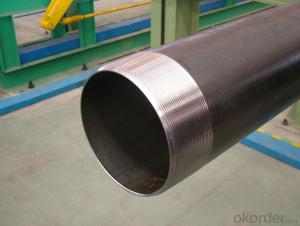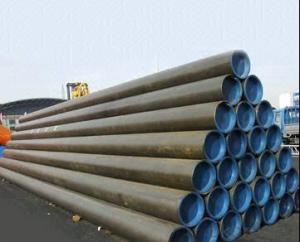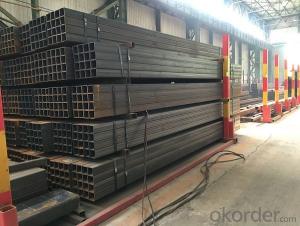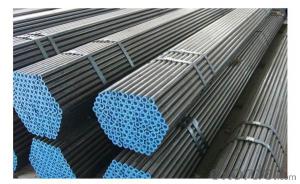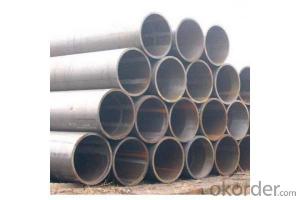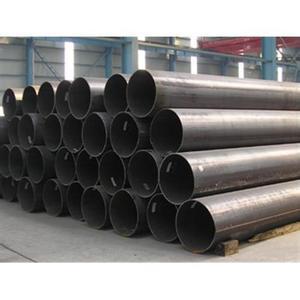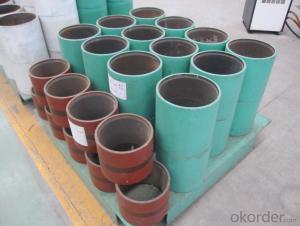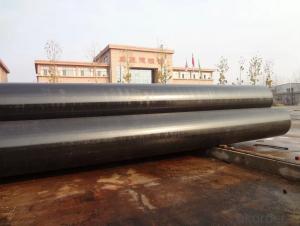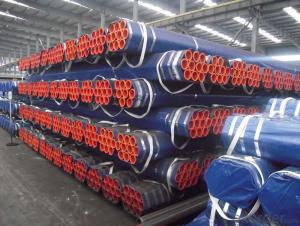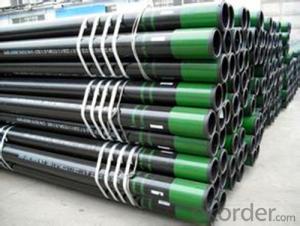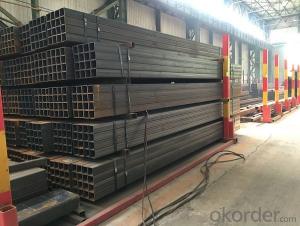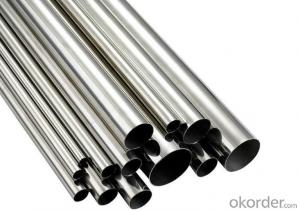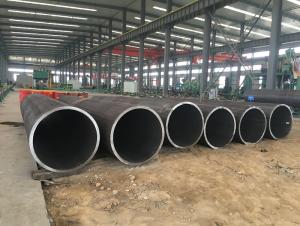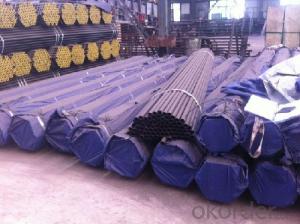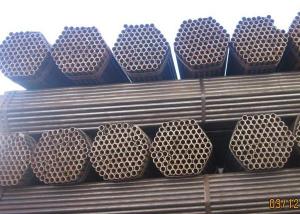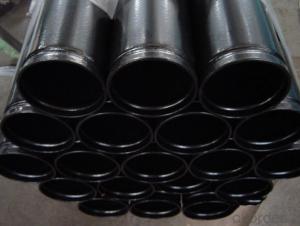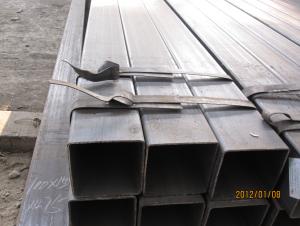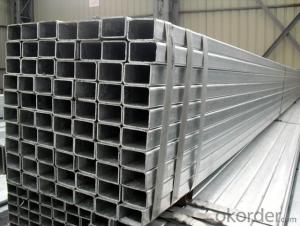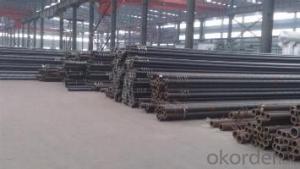All Categories
- - Steel Wire Rod
- - Steel Coils
- - Steel Profiles
- - Steel Pipes
- - Stainless Steel
- - Tinplate
- - Special Steel
- - Steel Sheets
- - Steel Rebars
- - Steel Strips
- - Hot Rolled Steel
- - Cold Rolled Steel
- - Pre-painted Steel
- - Seamless Steel Pipe
- - Welded Steel Pipe
- - Hollow Steel Tubes
- - Galvanized Pipe
- - Stainless Steel Coil
- - Stainless Steel Sheet
- - Stainless Steel Plate
- - Stainless Steel Strips
- - Electrolytic Tinplate Coil
- - Electrolytic Tinplate Sheet
- - Stainless Steel Rebars
- - Solar Panels
- - Solar Water Heater
- - Solar Related Products
- - Solar Inverter
- - Solar Cells
- - Solar Light
- - Solar Energy Systems
- - Solar Controllers
- - Solar Mounting System
- - Solar Pump
- - Solar Chargers
- - Fiberglass Chopped Strand
- - Fiberglass Mesh Cloth
- - Composite Pipes
- - FRP Pultrusion Profiles
- - Fiberglass Mat Tissue
- - Fiberglass Fabrics
- - Fiberglass Mesh
- - Composite Tank
- - Fiberglass Mesh tape
- - Polymer
- - FRP Roofing Panel
- - Fiberglass Roving
- - Monolithic Refractories
- - Ceramic Fiber Products
- - Refractory Bricks
- - Raw Materials For Refractory
- - Suspended Platform
- - Cranes
- - Concrete Machinery
- - Earthmoving Machinery
- - Building Hoist
- - Road Building Machinery
- - Plastic Pipe Fittings
- - Plastic Tubes
- - Plastic Sheets
- - Agricultural Plastic Products
- - Plastic Nets
 All Categories
All Categories
Q & A
What is the role of steel pipes in the development of hydroponic and aquaponic systems for agriculture?
Steel pipes play a crucial role in the development of hydroponic and aquaponic systems for agriculture. They are used for constructing the framework of these systems, providing structural stability and support for the growing trays, tanks, and other components. Steel pipes are durable, resistant to corrosion, and capable of withstanding the weight of the plants and water. They facilitate the efficient flow of water, nutrients, and air within the system, ensuring proper circulation and delivery to the plants' roots. Overall, steel pipes contribute to the overall functionality and longevity of hydroponic and aquaponic systems, making them essential for the successful implementation of these innovative agricultural practices.
How are steel pipes used in the development of geothermal heating and cooling systems?
Steel pipes are used in geothermal heating and cooling systems to transport the geothermal fluid from the underground heat source to the surface, and then distribute it throughout the building. The pipes are durable, corrosion-resistant, and capable of withstanding high temperatures and pressures, making them ideal for this application.
What is the impact of vibrations and seismic activity on steel pipelines, and how can it be mitigated?
Vibrations and seismic activity can have detrimental effects on steel pipelines. The constant shaking and movement caused by vibrations and earthquakes can lead to fatigue and stress on the pipelines, resulting in structural damage, leaks, or even failure.
To mitigate these impacts, several measures can be taken. Firstly, engineers can design pipelines with increased flexibility and strength to better withstand the forces exerted during seismic events. Additionally, implementing proper insulation and cushioning materials can help absorb and dissipate vibrations, reducing their impact on the pipelines. Regular inspections and maintenance are also crucial to identify and address any potential weaknesses or damage caused by vibrations or seismic activity. Finally, advanced monitoring systems can be installed to detect and alert operators of any abnormal vibrations or movements, allowing for immediate response and necessary repairs. Overall, a combination of engineering design, preventive measures, and proactive maintenance can help mitigate the impact of vibrations and seismic activity on steel pipelines.
Wholesale Steel Pipes from supplier in Jordan
Whether you require steel pipes for construction, infrastructure, or industrial applications, we have the capability to meet your specific needs. Our range of steel pipes includes seamless, welded, galvanized, and stainless steel pipes, available in various sizes, grades, and specifications.
As a reliable supplier, we prioritize quality and ensure that all our products meet international standards and regulations. Our steel pipes are sourced from trusted manufacturers and undergo rigorous quality control checks to guarantee their durability and performance.
In addition to supplying steel pipes, we also provide comprehensive quotation and technical support services. Our experienced team is available to assist you in selecting the right type and size of pipes for your project and can provide accurate and competitive quotations.
Furthermore, our affiliation with CNBM, a Fortune Global 500 company, gives us access to a vast network of resources and expertise. This enables us to offer valuable insights and guidance, ensuring that you make informed decisions and achieve optimal results for your projects.
Whether you are involved in the oil and gas, water, construction, or any other industry requiring steel pipes, we are committed to delivering seamless procurement solutions in Jordan. Contact us today to discuss your requirements and benefit from our extensive product portfolio and market experience.
As a reliable supplier, we prioritize quality and ensure that all our products meet international standards and regulations. Our steel pipes are sourced from trusted manufacturers and undergo rigorous quality control checks to guarantee their durability and performance.
In addition to supplying steel pipes, we also provide comprehensive quotation and technical support services. Our experienced team is available to assist you in selecting the right type and size of pipes for your project and can provide accurate and competitive quotations.
Furthermore, our affiliation with CNBM, a Fortune Global 500 company, gives us access to a vast network of resources and expertise. This enables us to offer valuable insights and guidance, ensuring that you make informed decisions and achieve optimal results for your projects.
Whether you are involved in the oil and gas, water, construction, or any other industry requiring steel pipes, we are committed to delivering seamless procurement solutions in Jordan. Contact us today to discuss your requirements and benefit from our extensive product portfolio and market experience.
